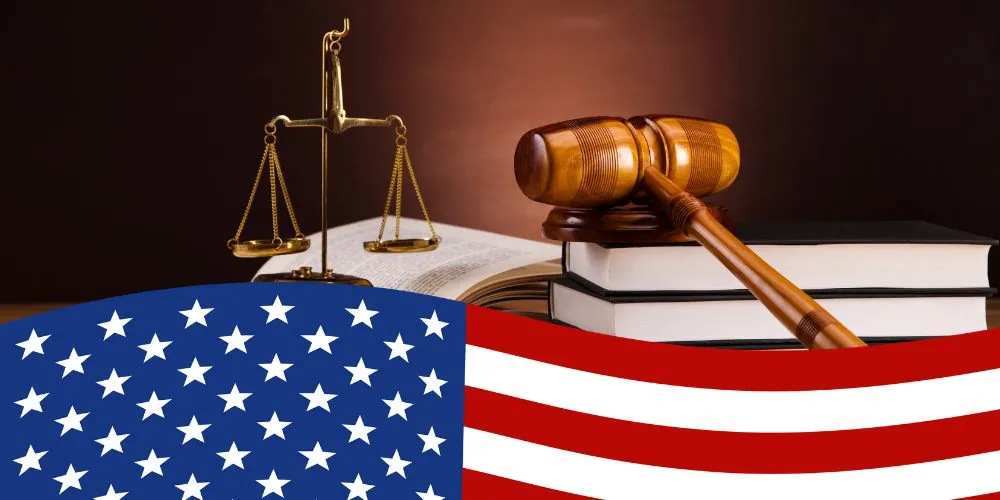Key Points:
- US antitrust regulators have launched multiple cases against Big Tech firms, including Google, Apple, Amazon, and Meta.
- These cases allege anti-competitive practices and aim to address concerns about market dominance and consumer harm.
- An informal survey suggests that many believe the lawsuits may face challenges in court, with opinions divided on their likelihood of success.
- While regulators defend their actions as necessary to protect consumers, critics question the legal basis and motivations behind the lawsuits.
After years of relative inaction, U.S. antitrust regulators have intensified their focus on Big Tech, launching several high-profile cases that could reshape the industry’s landscape. Led by both the Trump and Biden administrations, these cases target major technology companies and could potentially lead to significant changes in their business practices.
The Federal Trade Commission (FTC) and the Department of Justice (DOJ) have initiated five major cases against prominent US tech firms, including Google, Apple, Amazon, and Meta (formerly Facebook). These cases, inspired by regulatory actions in Europe and others, allege anti-competitive practices that harm consumers and stifle competition.
Among the notable cases is the FTC’s recent lawsuit against Apple, accusing the tech giant of abusing its dominance in the premium smartphone sector. Additionally, Google faces two cases—one related to its search engine dominance and another concerning its control over the digital advertising market.
While these cases have garnered support from lawmakers and public frustration over Big Tech’s power, they have also faced criticism from some quarters. Many in the business community and legal profession view the lawsuits as legally weak or politically motivated, raising doubts about their potential success.
FTC Chair Lina Khan has defended the agency’s actions, emphasizing the need to address issues that impact consumers’ lives, including healthcare and digital technology. Khan rejects criticisms, asserting that the FTC’s cases are relevant and necessary for the current era. However, some legal experts remain skeptical about the prospects of success for these cases. An informal survey by University of Michigan Law professor Daniel Crane suggests that many believe the lawsuits may face challenges in court, with opinions divided on their likelihood of success.
Critics argue that the Biden administration’s cases lack strong legal foundations and may be driven more by political considerations than legal analysis. Despite these criticisms, regulators are pressing forward to rein in Big Tech’s power and ensure fair competition in the industry.





